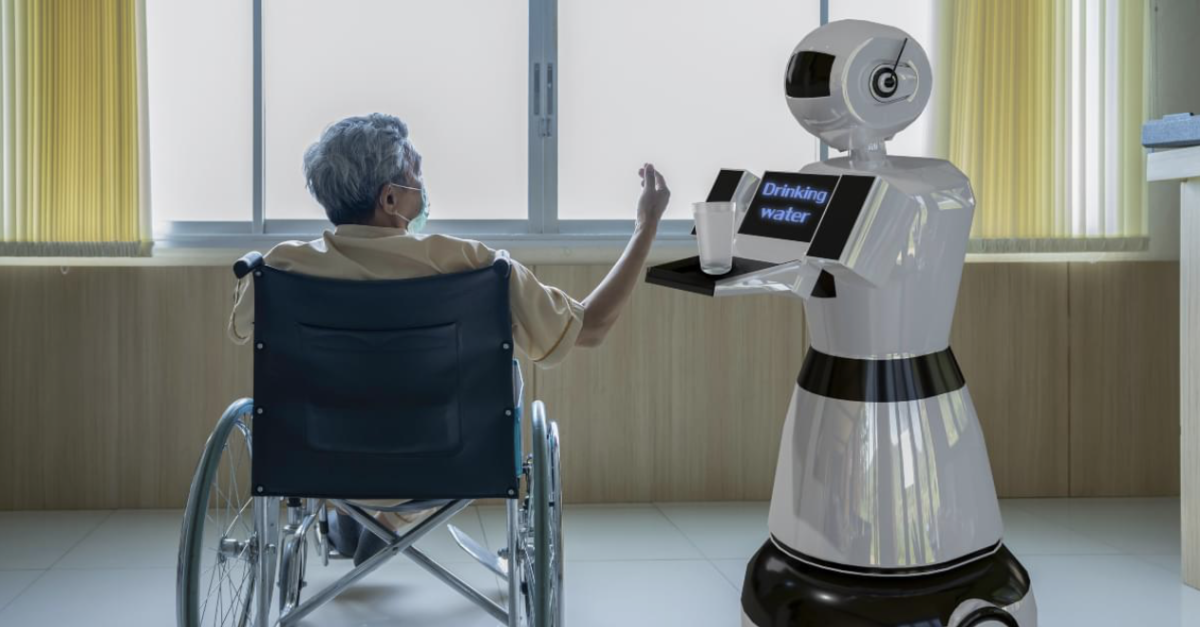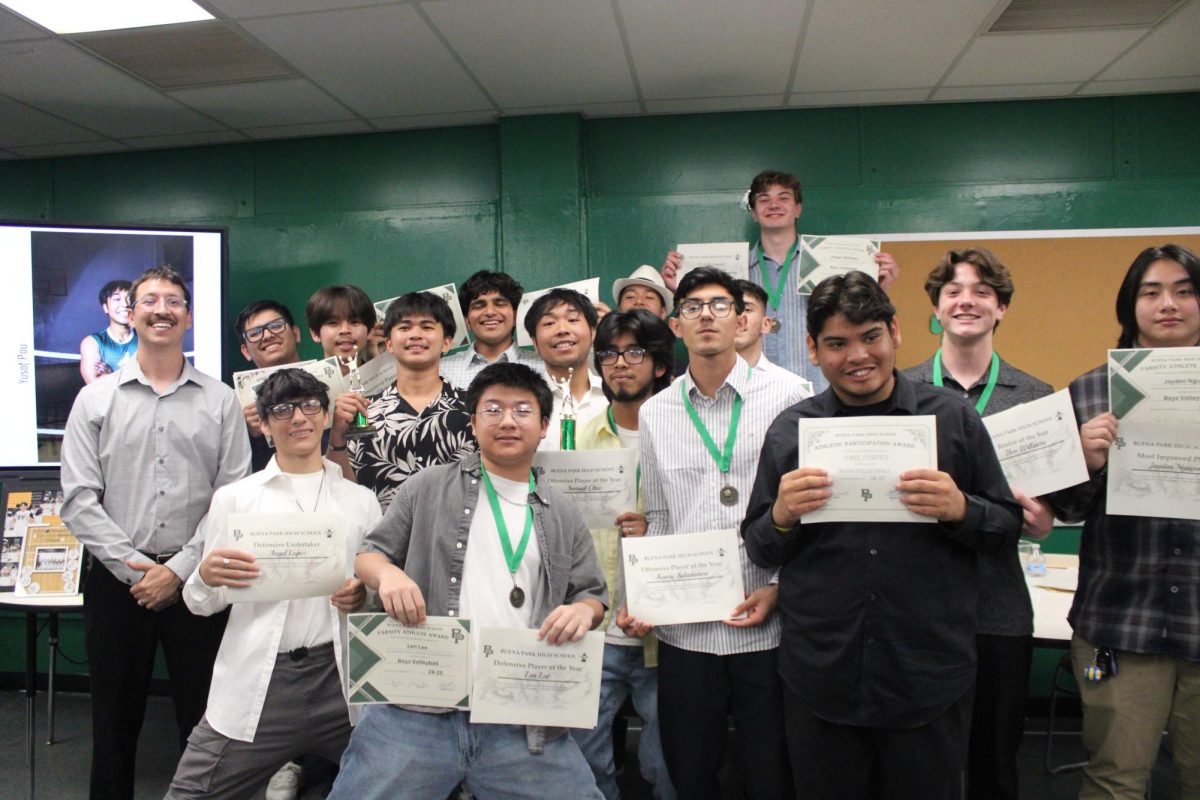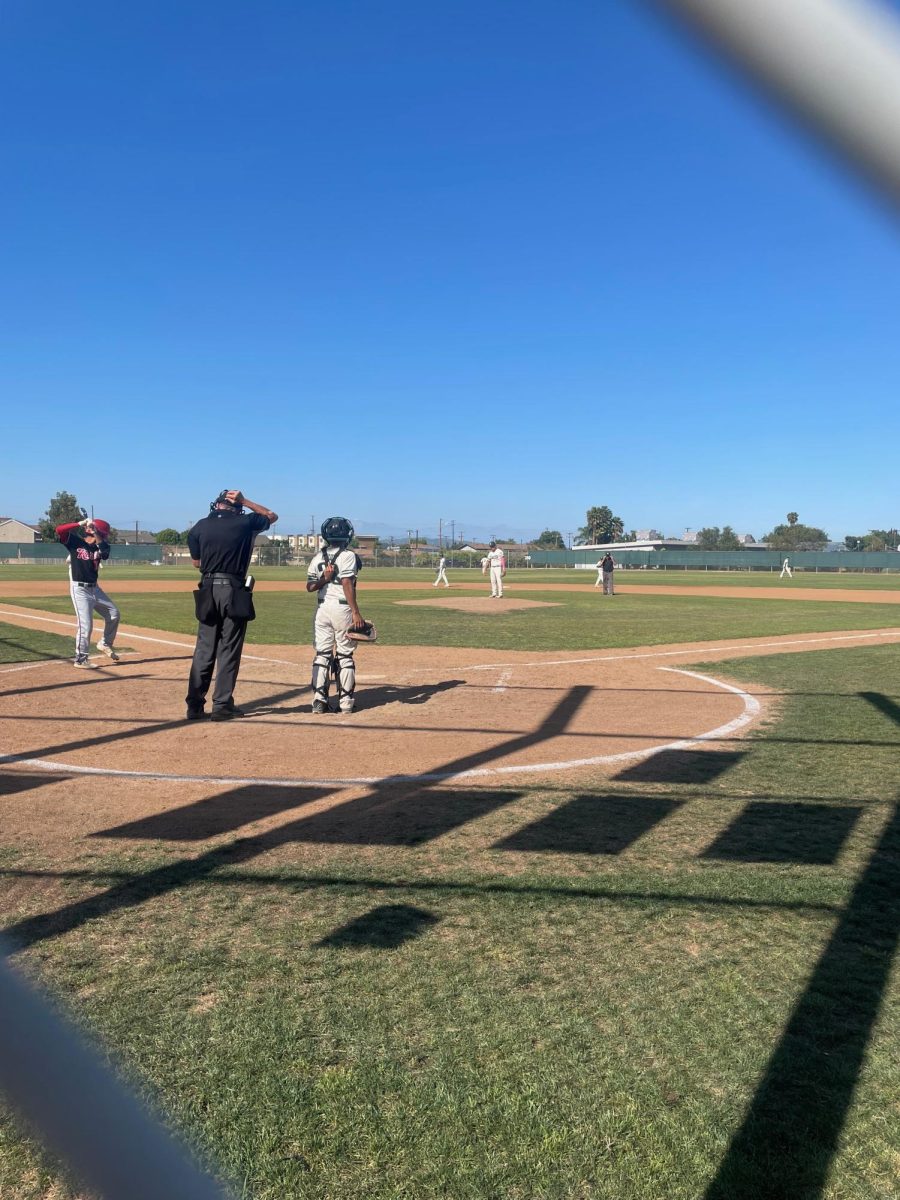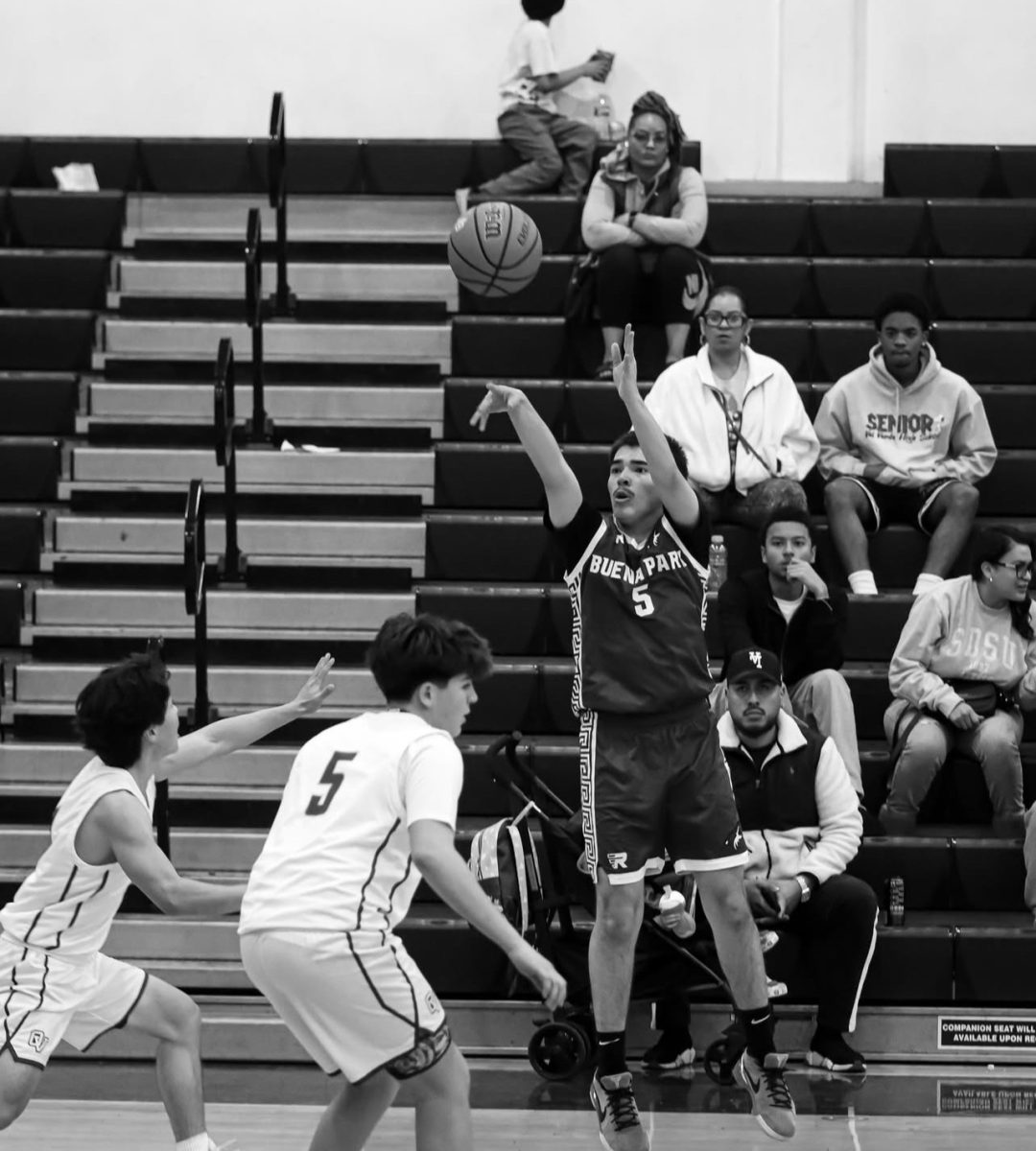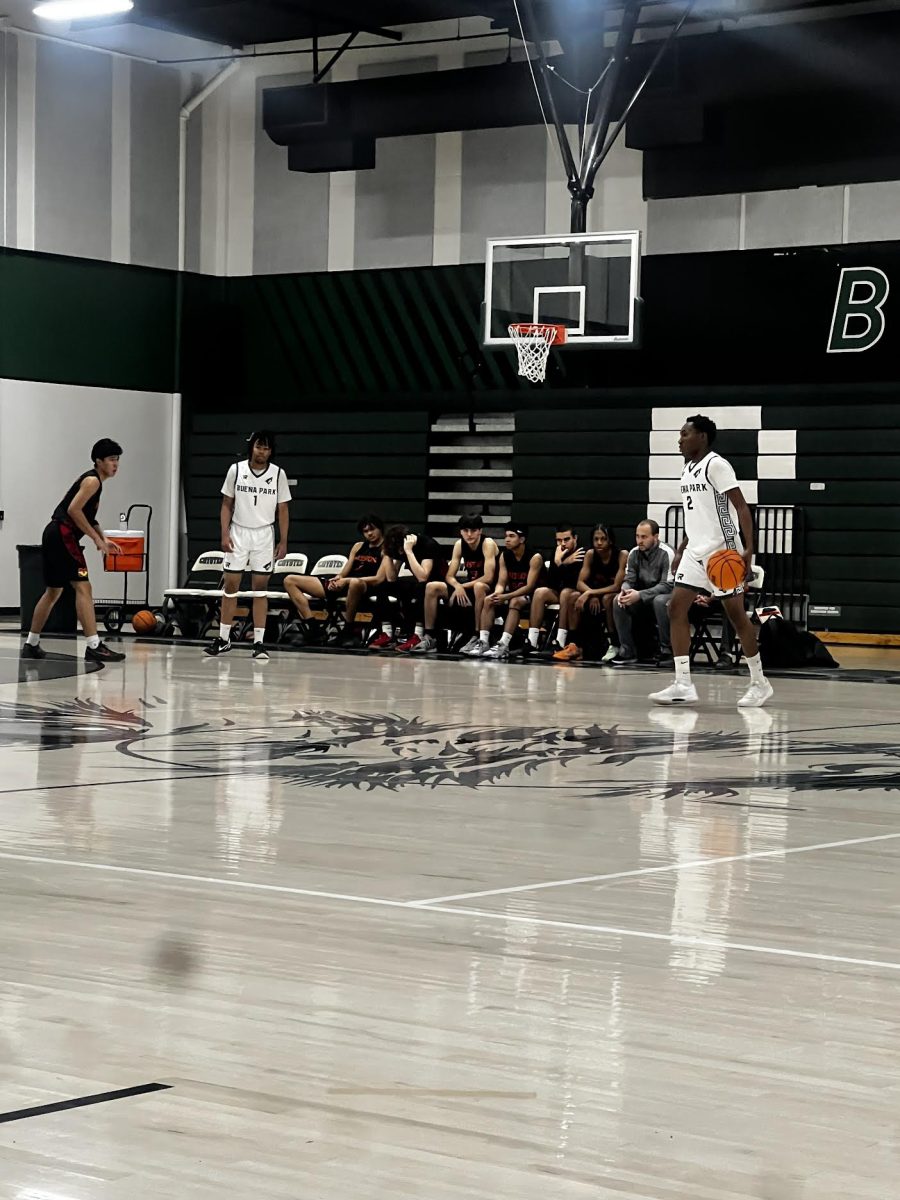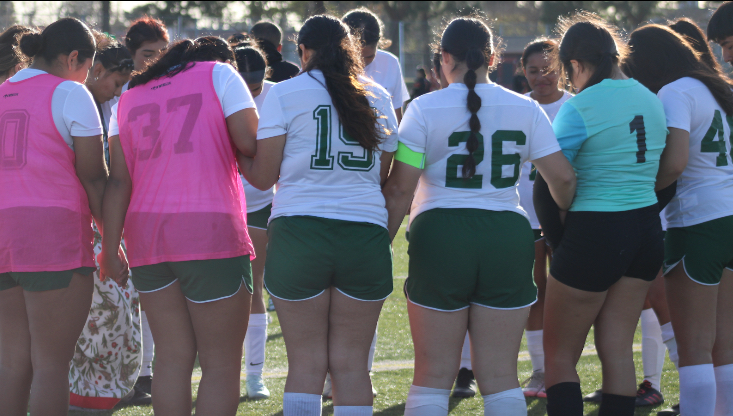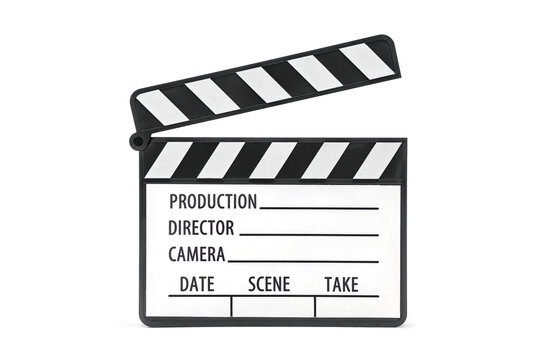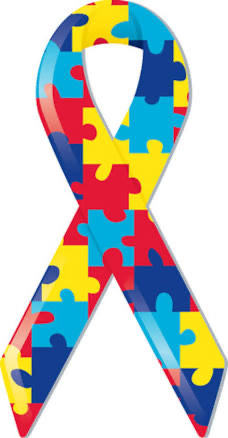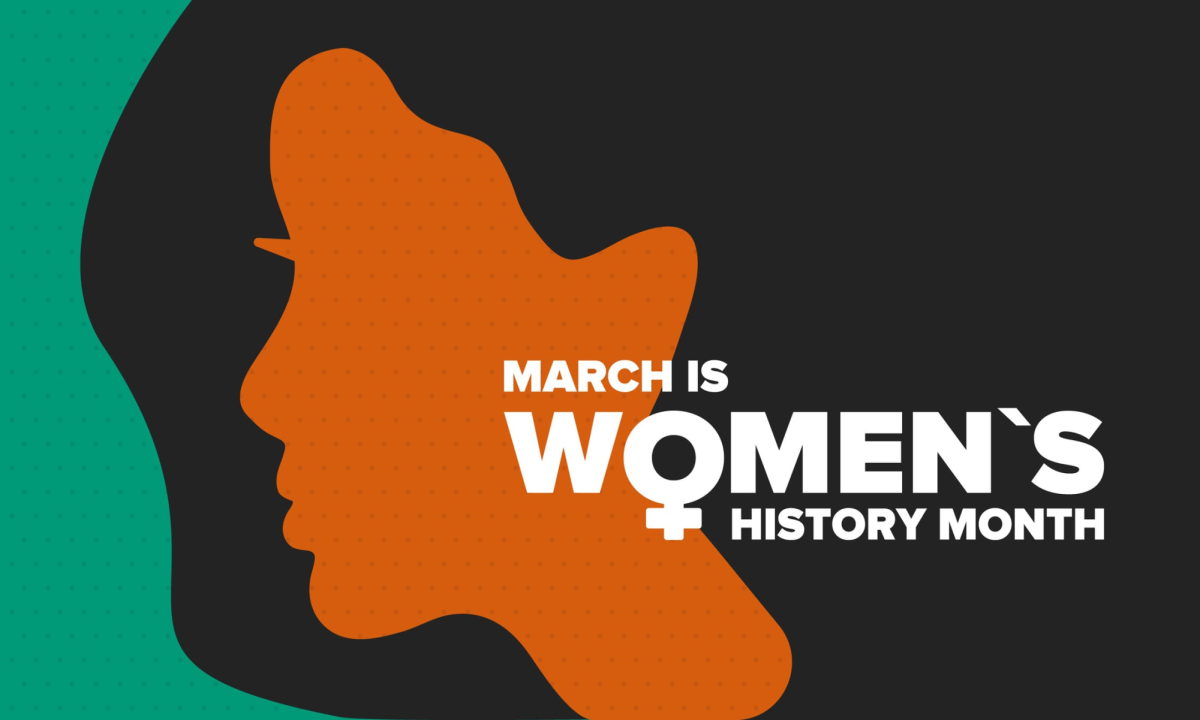Over the past decade, social media has exploded in popularity, becoming a central part of our lives. Nowadays, nearly everyone is on it, especially teens who can’t seem to get enough of platforms like Snapchat, Instagram, and the newer sensation, TikTok. But along with the fun and connection social media brings, there’s also a darker side to it that we can’t ignore. One big issue is cyberbullying, which has become a real problem, especially for young people. The anonymity of the internet makes it easier for bullies to target others, leading to serious emotional harm. And then there’s the addiction factor – spending too much time scrolling through social media can mess with your head, making you feel anxious and depressed. But perhaps one of the trickiest things about social media is how it messes with our self-esteem. Seeing everyone’s seemingly perfect lives on display can make us feel inadequate like we’re not measuring up. It’s easy to get caught up in the quest for likes and comments, constantly seeking validation from others. And let’s not forget about FOMO – the fear of missing out. It’s that nagging feeling you get it when you see all your friends having fun without you on social media. It can make you feel left out and disconnected from the real world.
PROS
Connectivity: Social media platforms allow people to connect with friends, family, and communities around the world, regardless of geographical barriers. Platforms serve to connect among people via similar interests, relatability, etc.
Communication: Social media facilitates instant communication through messaging, comments, and video calls, enabling real-time interaction and collaboration.
Information sharing: Social media serves as a valuable source of news, information, and resources on a wide range of topics, from current events to educational content.
Networking: Social media platforms provide opportunities for professional networking, career development, and job opportunities through platforms like LinkedIn.Creativity and expression: Social media platforms allow users to share their creativity, ideas, and talents through photos, videos, and written content, fostering self-expression and artistic exploration.
Awareness and activism: Social media enables the rapid spread of information and raises awareness about social issues, leading to increased activism and social change movements.
Business and marketing: Social media offers businesses a platform to reach and engage with customers, promote products and services, and build brand awareness through targeted advertising and influencer partnerships.
Support and community: Social media provides platforms for people to find support, share experiences, and connect with others facing similar challenges, fostering a sense of community and belonging.
Overall, social media has revolutionized communication, connectivity, and access to information, offering numerous benefits to individuals and society as a whole.
CONS
Social media, while offering many benefits, also comes with its fair share of downsides. One major issue is the blurred line between online interactions and real-life relationships. Essentially, one of the benefits of social media is also a downside to it. Often, what we see on social media may not reflect reality, leading to feelings of isolation and disconnection from genuine human connection.
Blurred online vs. reality:
It’s easy to forget that social media interactions don’t always reflect genuine connections. Sometimes, what we see online doesn’t match up with real-life relationships, leading to feelings of isolation.
Addiction: Have you ever found yourself constantly checking your phone for likes and comments? That’s because social media can be addictive, making us crave validation and attention, often at the expense of our daily responsibilities. It’s especially been a concern for schools, as many have begun implementing systems to prevent students from actively using their phones.
Fear of Missing Out (FOMO): Feeling left out because everyone else seems to be having fun online? It’s a common struggle. The pressure to keep up with what others are doing can leave us feeling anxious and stressed.
Self-image issues: Seeing perfectly curated images can make us feel inadequate about our own lives. The pressure to present a flawless image online can take a toll on our self-esteem and body image. This is a case commonly ensuing among up and coming influencers, or people trying to simply post to spread positivity.
Cyberbullying: Behind the anonymity of screens, bullies can inflict serious harm on others. Cyberbullying is a real problem, with devastating consequences for victims’ mental health and well-being.
Impact on mental health: Sadly, the negative effects of social media can even contribute to increased rates of suicide among young people. It’s a stark reminder of the significance of prioritizing mental health in our digital age.
Parental action: As parents, it’s crucial to set boundaries around social media use, have open conversations about online safety, and stay vigilant for signs of distress in our children. An uprising problem has been parents leaving the parenting up to the devices, giving their children devices instead of personally interacting with them. Parental action needs to be taken. After all, protecting their well-being is their top priority.
Potential TikTok Ban?
On March 13th, the House of Representatives passed a bill that would require China to remove TikTok, along with other related applications to the company from all U.S. app stores due to software spying allegations. This recent phenomenon has caused an outrage among young adolescents who are “addicted” to the application. Further resentment has taken place, as President Biden has openly stated to pass the bill when it reaches the executive branch. But before that transpires, the bill must pass through the Senate, which remains unclear as to which decision they’ll determine. Has this entire situation highlighted the addictive grasp social media has on today’s generation?
